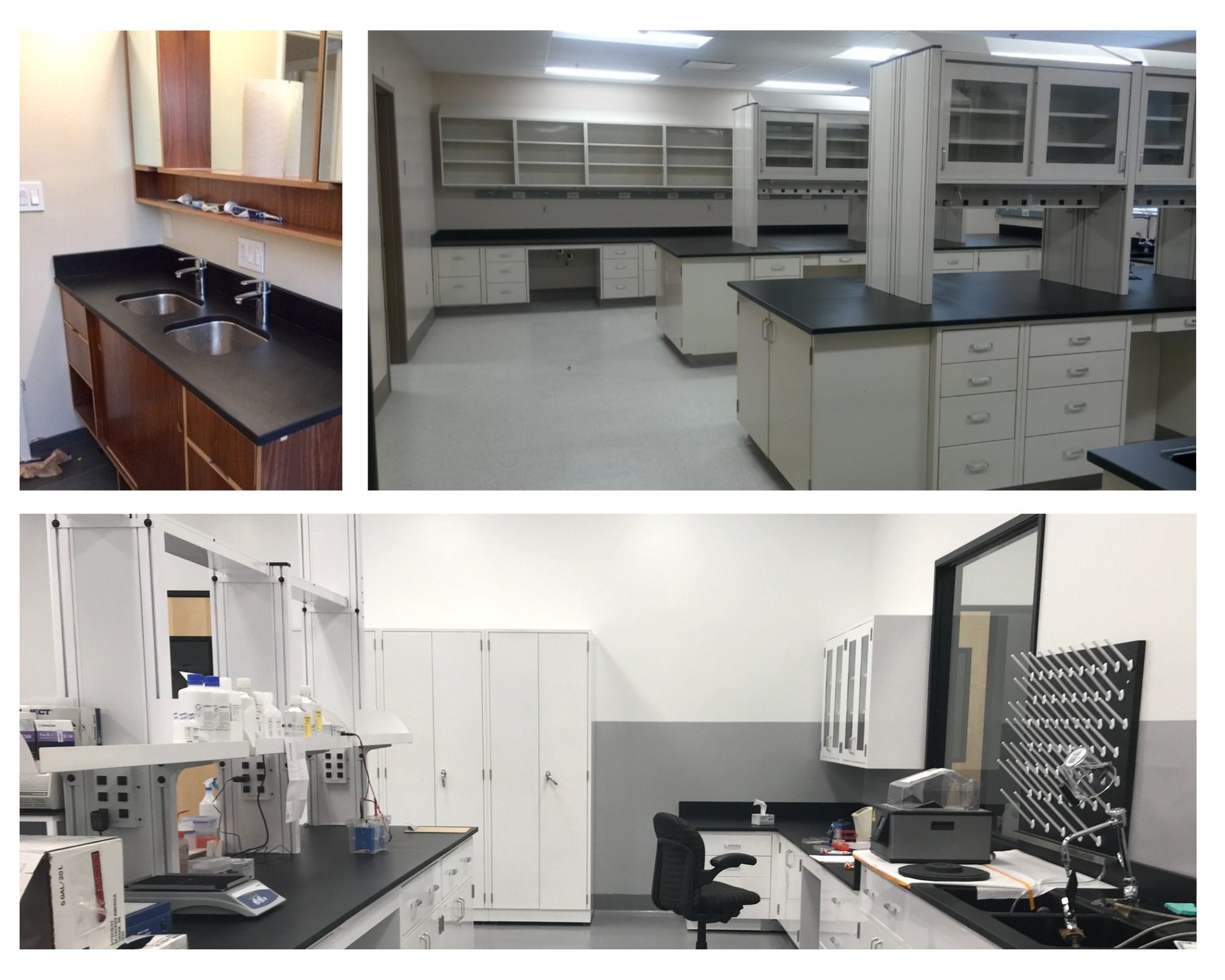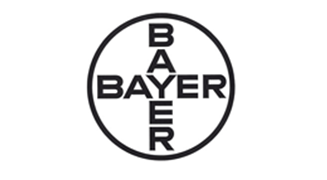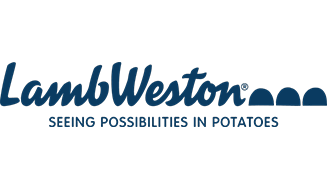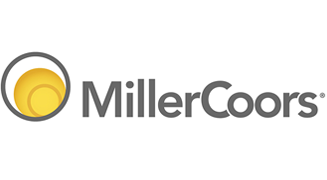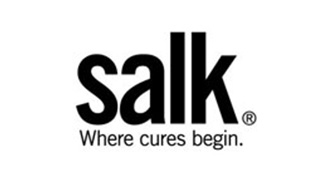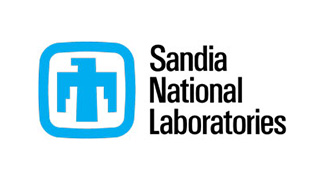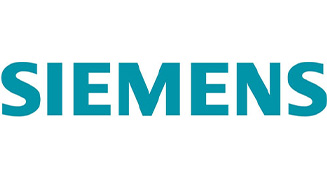COMPARING EPOXY RESIN AND PHENOLIC RESIN LAB COUNTERTOPS
The right laboratory surfaces are vital when it comes to creating your ideal lab environment. However, when it comes to choosing the right surface, many people find themselves unsure of where to begin. Two popular, safe, and durable laboratory surfaces are epoxy resin and phenolic resin. However, which one is right for your lab will depend on a few factors. Below, we’ll examine the differences between these countertop surfaces in order to help you choose the best one for your laboratory needs.
Epoxy vs Phenolic: How Are They Made?
While both of these laboratory surfaces are resin, they differ in the way they are constructed. Namely, phenolic resin countertops are made in layers. These countertops are manufactured by layering kraft papers that are saturated in resin. A heat-intensive process forms them into a solid product.
Epoxy, on the other hand, is made of a mixture of materials including resin, silica, fillers, and hardeners that are then formed into a solid product. Because of this, epoxy resin is the more durable of the two.
How Do They Stand Up to Lab Conditions?
For most labs, either phenolic resin or epoxy resin will be sufficient to provide a workspace. Both of these materials are very durable, but the main performance difference involves how each surface responds to heat.
For most labs, either phenolic resin or epoxy resin will be sufficient to provide a workspace. Both of these materials are very durable, but the main performance difference involves how each surface responds to heat.
Phenolic resin countertops are easily able to withstand continuous exposure to high levels of heat. However, they only withstand temperatures up to 350 degrees F. Epoxy resin countertops can withstand higher levels of heat.
When choosing one of these for your lab, ability to withstand heat isn’t the only concern. Ease of care and general durability are also important. Both of these surface types are non-porous and are resistant to most chemicals. They also are easy to care for. Anecdotally speaking, some who have experience with epoxy resin countertops have noted that, even with heavy use, this surface type will continue to look like new for years.
How Expensive is Each One?
Epoxy resin countertops may be the more durable of the two options, but phenolic resin wins when it comes to price. Because it is somewhat less intensive to make, phenolic resin tends to be less expensive. Additionally, because it is less heavy, it is generally more economical to have shipped.
Acetone or Paint Thinner
Crystal Simple Green®
White Scotch Brite® Pads (always use moist or wet) • Finish Oil (Mineral Oil)
Murphy’s Oil
If you take into consideration the performance needs of your lab alongside budget and other practical considerations, you will be well on your way to deciding which surface is right for you. And if you can’t decide, feel free to ask the experts at Resin Tops. We can talk to you about your laboratory type and then recommend a surface based on your needs.
Frequently Asked Questions
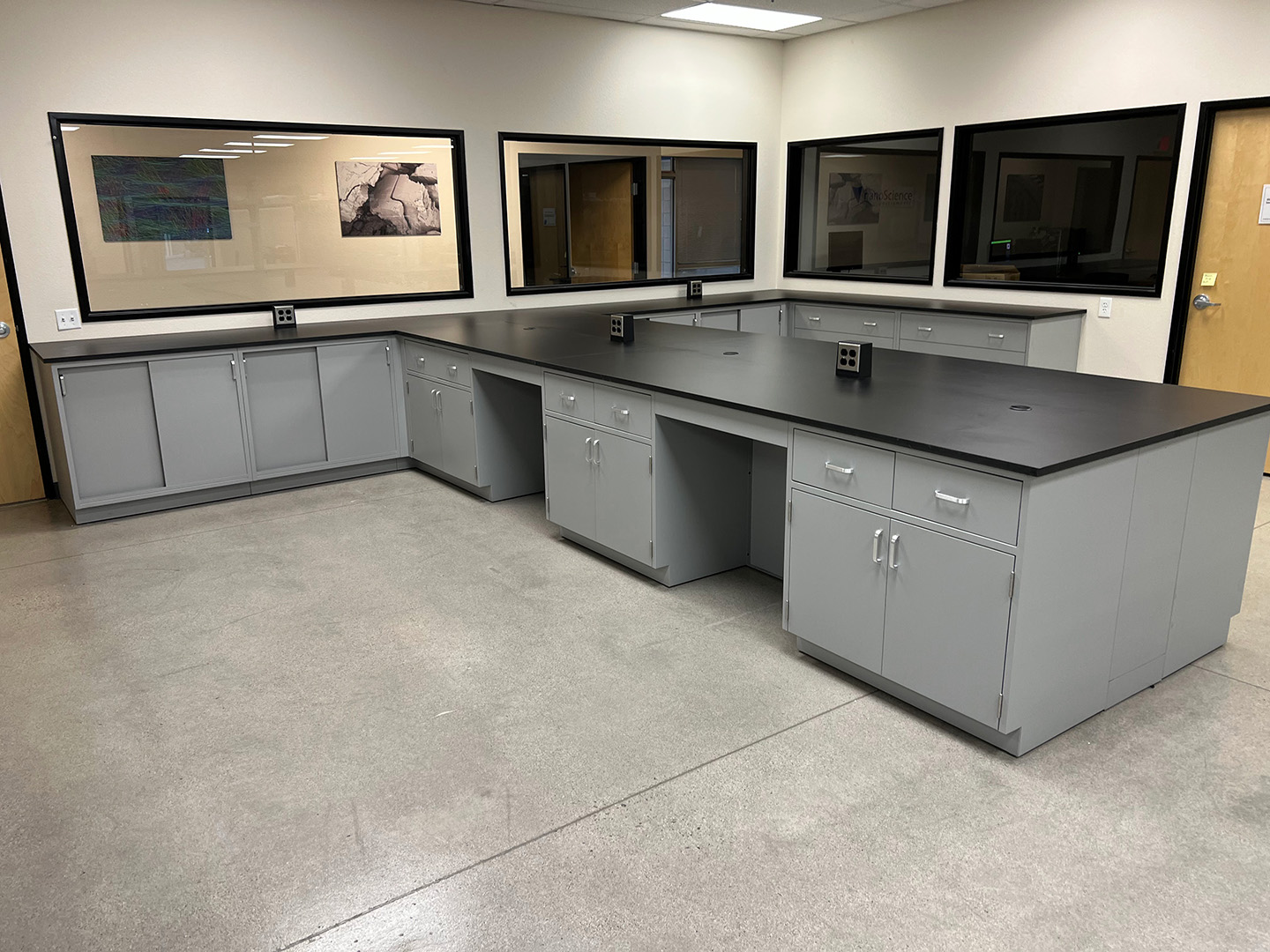
Transform Your Space With Stunning And Long-Lasting Epoxy Countertops
Resin Tops is a customer service-driven company that supplies a wide array of lab furnishings for most types of laboratory environments. You’ll find the difference with us is demonstrated by providing superior customer service with integrity, skill, and knowledge.





Our Clients
Contact Us For A Free Quote
Contact Us For A Free Quote
